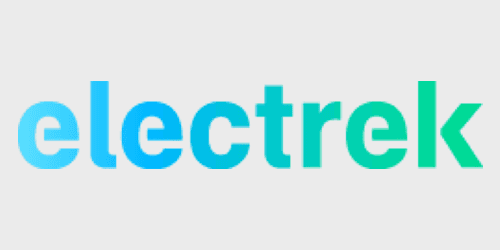
The five commissioners making up the State of New York’s Public Service Commission, which oversees utilities in the state, have told Tesla that unless it opens up its Supercharger network to other vehicles, its stations will get no relief from demand charges on the electricity rates they pay. Instead, only newly built stations that use “commonly accepted non-proprietary standardized plug-types” will get relief.
The commissioners clarified that Tesla could continue to offer its proprietary plug, but would have to offer equally powerful non-proprietary plugs at the same spot to get rate relief. This means that Tesla’s made-in-Buffalo V3 Superchargers will be discriminated against in their home state.
Demand charges are additional significant charges assessed to businesses that have exceptionally “peaky” power usage. They are meant to cover the costs of high-capacity equipment used by power-hungry businesses. Superchargers have high peak throughput (a 250 kW V3 charger with 8 bays can draw up to 2 MW of power — about a hundred times more than the peak power draw of an average home), so demand charges are especially relevant for electric car quick chargers.
Tesla argued that it should not be excluded as it was responsible for selling 80% of all fast-charging capable vehicles in 2018, and 60% since 2012. The commissioners rebutted that they did not want “to direct ratepayer funds to an already successful proprietary network.”
This decision also came as a surprise to Tesla, as none of the proposals or discussion leading up to the order had contemplated requiring any technical standards. A similar situation is developing in the District of Columbia.
Chargepoint was also very critical of the Commission’s order, writing that “the Order is infected with errors of fact that are demonstrated by the commission’s misunderstanding of charging station technology and the interplay between charging stations and EV limitations.” Chargepoint also wrote: “In addition to explicitly discriminating against Tesla, the Order is also discriminatory in that it limits the incentive to only newly built charging stations.” The commission shrugged off those concerns, saying, “The commission declines to retroactively incent those developers.”
As for Tesla, the regulatory vice grip must be feeling a bit tighter. We reported earlier that California had exempted Tesla from the state’s requirement that EV charging networks have credit card readers and accept all drivers, but the exemption would disappear if Tesla opened up its network to any other manufacturers. Now New York is telling Tesla to do precisely that, or face higher electricity costs.
Electrek’s Take
Every American concerned about the future of EVs should be checking in on their state’s utility regulator. Every day citizens can easily participate, and the comments matter. These appointed commissioners will likely have more effect on the near-term landscape for EVs than any elected officials.
Also demand charges are not insignificant; EVgo said they could represent 80% of electricity charges depending on the month.
Tesla can shave those charges with its batteries, but that is a significant cost too.
As for the New York Commissioners’ order, it’s counterproductive. The stated aim of using rate payer’s money for this program is to promote the use of zero-emission vehicles. New Yorkers have spoken, and so far they overwhelmingly prefer Teslas to what the competition has to offer. Tesla should not have been excluded.
FTC: We use income earning auto affiliate links. More.




Comments